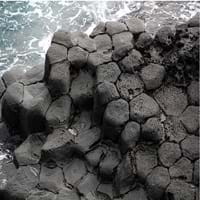The points are axiomatic -- mainly flowing from the definition offered in the OP and are based on Vedantic concept. That much is indicated in the First point itself. I should probably have clarified it better but you missed it. You can re-read the first point.
The case of a dead body not exhibiting consciousness is actually the rebuttal of the chaarvaaka (materialist) claim that consciousness is a property of the body. If consciousness was a property of the body, then it should persist in a dead body too.
Wrong.
The chemistry of a dead body is *very* different than the chemistry of a live one. For example,t he availability of oxygen to the tissues is nill in a dead body but crucial for being alive.
And this gets to a crucial point: the reason we die is because of some *chemical* change that destroys the process of metabolism. Either we are not getting oxygen to the places it needs to be to drive the metabolic reactions, or something (like a poison) prevents those reactions from happening, etc.
A dead body is NOT EVEN CLOSE to being the same chemically as a living one.
Comparing them is sort of like asking why a car won't run without gasoline: the basic chemical reaction needed for the car to run simply cannot happen.
That consciousness links waking, dream, and sleeping states and forms therein, is the basis of the proposal that the forms exist in consciousness and not the other way around. Furthermore, this is the experience of meditative rishis and also of some of us. Existence-consciousness is one term.
If it is so fundamental, then evidence should be widely available for this claim. And, at least, there should be a usable definition of the term 'consciousness' that allows for such connections.
Last edited:

